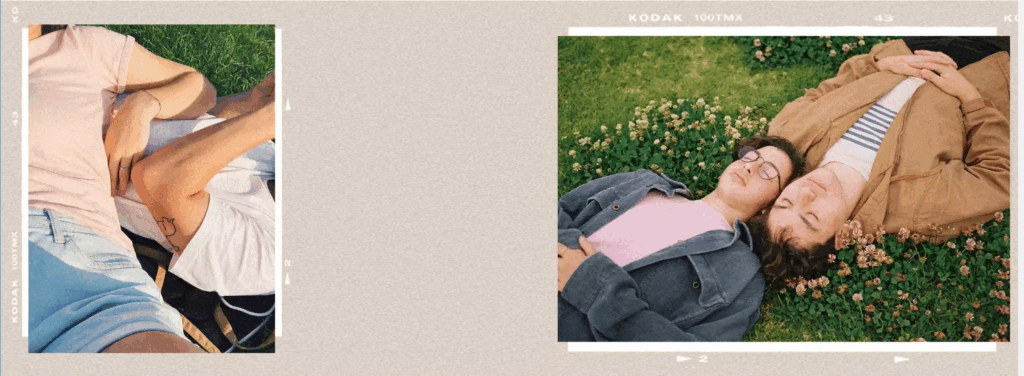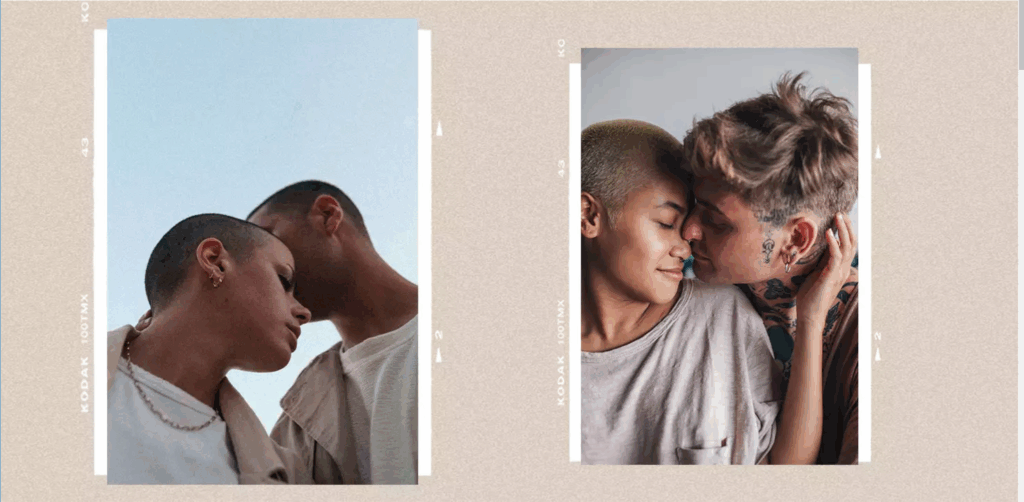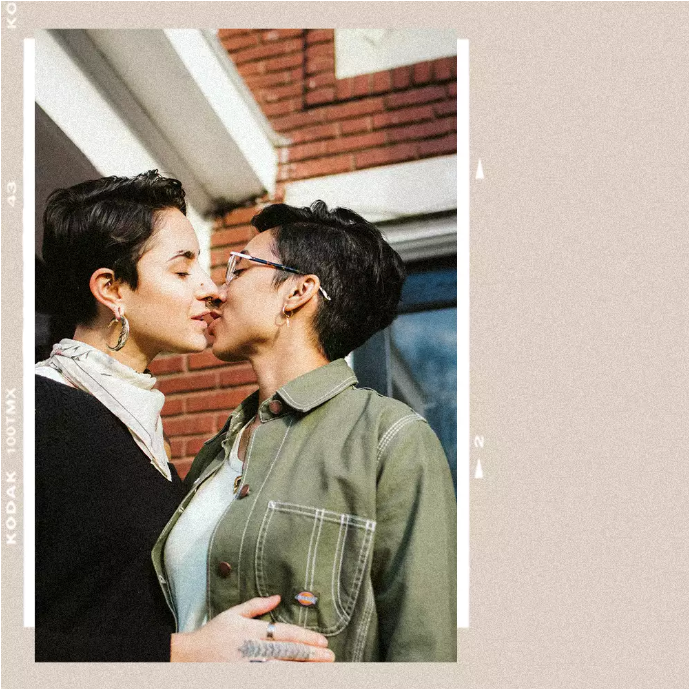Note: This essay is one author’s personal experience and should not be taken as medical advice. If you’re struggling with your mental health, please reach out to a healthcare professional.
It was April 2020. After weeks of texting, FaceTiming, and even playing virtual board games, Maxton finally showed up at my apartment door. Chicago was still deep in lockdown, and technically, maybe we should have stuck to our daily phone calls. But the pull was too strong. They say when you know, you know—and I knew Maxton belonged in my life.
We tried to keep it Covid-compliant, staying outside as we walked. But by the end of the block, we were already kissing, cars honking in disapproval or delight as if we were the only two people alive. It should’ve been pure joy—and in many ways, it was. But beneath the butterflies, I felt something unsettling: confusion.

The Baggage
Not long before, I’d survived a toxic relationship that left me emotionally wrecked. Looking back, it was never going to work. We wanted different things, spoke different emotional languages, and fought instead of communicated. Our time together was full of crying, shouting, and pretending things were fine. It was, quite literally, toxic.
And yet, when it ended, I romanticized even the worst moments. My brain blurred the bad parts into fog. I obsessed over whether I had been the real problem. I replayed every scene, wondering how I could have fixed it. My depression deepened, and soon I was in therapy, then in residential treatment. That breakup broke something in me.
So when I finally matched with Maxton, two years later, I thought I was ready. I thought I’d done the work. But when the relationship actually started—and it was good, really good—I panicked.
The Good That Felt Wrong
Maxton was everything I could’ve asked for: kind, funny, nerdy in the best way, and endlessly supportive. We liked the same movies, shared the same weird love for obscure musicals, and could talk for hours. When conflicts arose, we actually talked them through instead of erupting into a fight. It was safe, steady, and loving.
So why did my chest tighten every time things went smoothly?
The answer hit me in therapy: I had mistaken chaos for passion. My old relationship had been fueled by highs and lows, dizzying arguments followed by tearful reconciliations. The drama felt like intensity. The fights felt like proof we cared. Compared to that, peace felt… flat. I worried we didn’t have “spark,” when in reality, what we had was healthier than anything I’d ever known.

And then there was my self-esteem. For years, I believed love meant proving yourself worthy of someone who was always slipping away. Maxton’s steady affection made me feel valued—but part of me whispered that I didn’t deserve it. That sooner or later, I’d ruin it.
Choosing Peace
But here’s the thing: I didn’t run.
I could have chased another toxic dynamic, confused comfort for boredom, or sabotaged what we had. Instead, I leaned on therapy, family, friends—and Maxton himself. I reminded myself that everyone deserves love without chaos. That trust, kindness, and peace aren’t boring; they’re the foundation of real passion.

So I stayed. We built a life together. We moved across the country, adopted a cat, got engaged. And just days ago, we got married in a small, perfect ceremony with only our parents and his sister officiating. When I said “I do,” I didn’t feel confused or anxious. I felt certain.
The Happy Ending
For the first time in my life, I understand that true love doesn’t have to feel like a storm. It can feel calm. Safe. Quietly powerful.
And I’ll never again doubt that everyone—yes, even me—deserves a love like this.
